Introduction
Popularly known as Rubber cables. Originally started with natural rubber insulation and sheath in late 70’s now has been replaced with diffent type of synthetic rubber. Keeping the commitment of expanding it’s product range company started manufacturing elastomeric cables in 2003. Since then company has developed comprehensive range of elastomeric cables. Technologically advanced polymers like EPDM ,CSP,CPE, PCP,NBR,EVA,Silicone halogen free , non toxic, heat, oil resistant and fire retardant compounds are specially formulated to manufacture these speciality cables.
The specially formulated compounds meets the requirements of IEC-60502, IS:6380, AS/NZ-3808, BS:7655, BS:6899, NEMA-WC-53 and other international standards.
KEI’s wide range of speciality elastomeric cables
- HV Power Cables – upto 22kV
- Low Voltage Cables
- Mining Cables – UPTO 22kV
- Elastomeric Instrumentation Cables
- Welding Cables
- LFH Cables EPR/EVA
- High Temperature Silicone Cables
- Railway Locomotive Cables
- Ship Wiring Cables
- Wind Mill Cables UP TO 33 KV
- Solar PV Cables (TUV Approved)
- Fastooning Cables
- Flexible Trailing Cables
- Fire Survival (FS) Cables
- CRD Cables
- Special Cables For Nuclear Power Projects
| Material | Max. conductor temp for continuous operation (deg.c) | Max. conductor temp for short circuit rating (deg.c) | Minimum working temperature (deg.c) |
|---|---|---|---|
| Ethylene Propylene Rubber (EPR) | 90 | 250 | -50 |
| Polychloroprene | 70 | 200 | -40 |
| Chlorosulphonated Polyethylene (CSP) | 90 | 200 | -35 |
| Silicone Rubber | 150/180 | 350 | -55 |
| Chloropropylene Ethylene (CPE) | 90 | 250 | -30 |
| Styrene Butadience Rubber | 60 | 200 | -55 |
| NBR PVC | 90 | 250 | -30 |
Construction
| General Construction (Conforming to IS 9968 Part 1) | |
|---|---|
| Conductor | Annealed tinned Copper wires Solid (Class 1), Stranded (Class 2), flexible (Class 5) complying with the requirement of IS 8130-1984 |
| Seperator Tape | Suitable material separator tape may be applied over the conductor |
| Insulation | General service elastomer compound Type IE1 of IS 6380-1984 Heat Resisting elastomer compound Type IE2 of IS 6380-1984 Silicone Rubber Type IE 5 of IS 6380-1984 |
| Core Identification | Colored insulation, Nos. PE tape, Colored proofed tape, Nos. printing |
| Fillers | Natural or synthetic fibers or elastomer suitable for the operating temperature and compatible with the insulating material |
| Sheath | General service sheath Type SE1/SE2 of IS 6380-1984 Heavy Duty Sheath Type SE3/SE4 of IS 6380-1984 |
Application
Elastomeric/rubber cable is used widely across many industries ranging from industries involved in water, renewable energy, distribution and power networks, nuclear and thermal power stations, airports, marine, defence, telecommunications, windmills, building,mining,onshore and offshore applications,ship wiring, railways, automation, audio-visual and manufacturing industries, these cables can be suitable for a huge amount of applications.
Features
- BIS certified ( IS:9968 (Pt-1), IS:14494, IS:9968 (Pt-2) product which is a best third party guarantee in the country.
- Available in wide range of operating temperature ranging from -55°C to over 300°C.
- The copper conductor provides excellent corrosion resistance, even at elevated temperatures.
- Exhibits excellent electrical, flame, and heat resistance.
- The cables are also exceptionally resistant to grease, mineral oils and ozone.
Why our Rubber Cables?
- Manufactured with specially inhouse formulated cross linked advanced polymers.
- Highly flexible stranded rope lay conductors makes the cable suitable for application areas in cramped.
- Highly resistant to to oils, gasoline, and certain chemicals enhances the performance of this wire in extreme environments.
- KEI’s wide range of availability of elastomeric cables meets the stringent application based requirement of the customers.







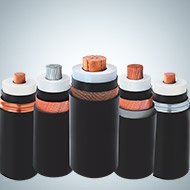
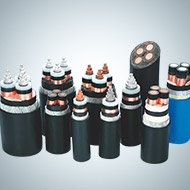
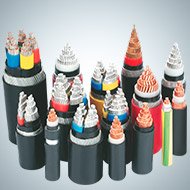
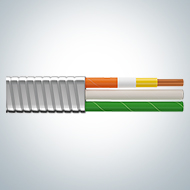
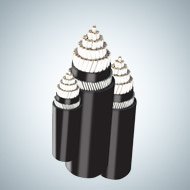
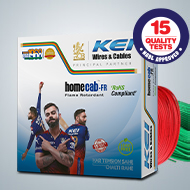
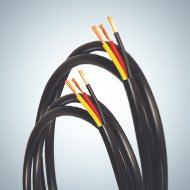
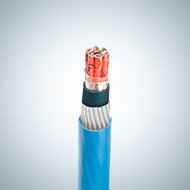
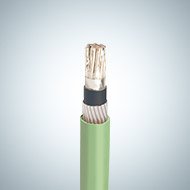
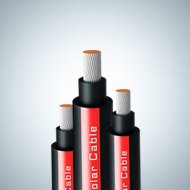
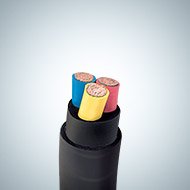
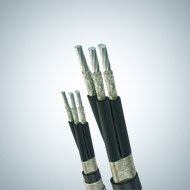
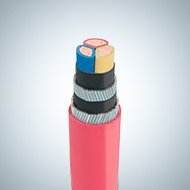
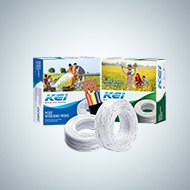

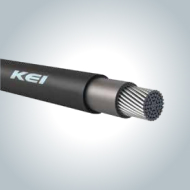
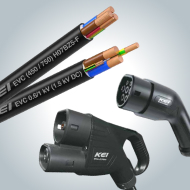
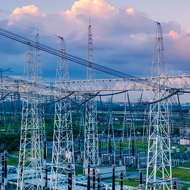


























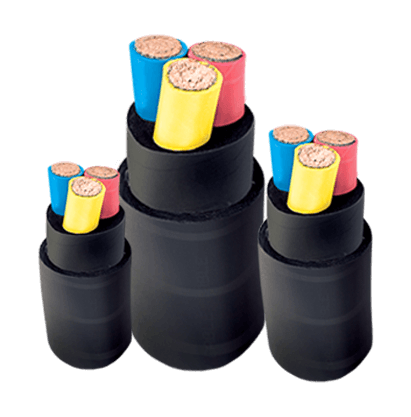






 Subscribe Newsletter
Subscribe Newsletter